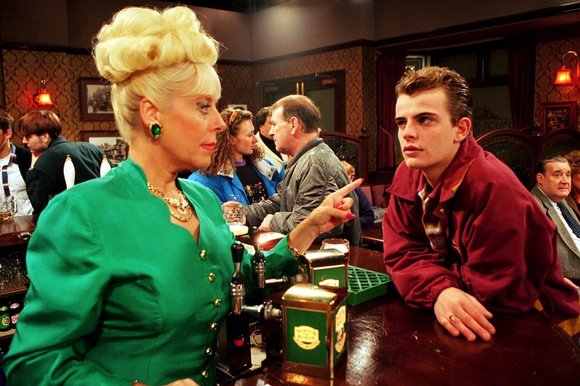Nurses rolling their eyes and surly receptionists – these things eat away at patient dignity, writes Dr Kerri Parnell
Like many of us at uni I had a part-time job, and worked for a time as a barmaid in the front bar of a busy pub.
Pretty much the only thing that irritated me was men who seemed to be constantly telling me to smile as if I was a paid performer rather than employed to serve the beers. And in the exuberance of youth, I told them so.
It’s not as if I was surly, but to be honest, pouring beers, adding up figures in my head, and remembering lengthy orders didn’t exactly fill me with exhilaration.
This memory came flooding back recently when I found myself on the wrong side of a series of healthcare encounters, including a hospital stay. While most staff treated me with respect and dignity, which can be hard to maintain in a hospital gown with tubes all over the place, there were times these characteristics were nowhere in sight.
Being left on a bedpan for ages, and the enrolled nurse rolling her eyes when you buzz, and having a drippy nose in the middle of the night and being gruffly told to use toilet paper, I certainly felt I’d lost my dignity.
In one way they’re small things, but when you’re sick and vulnerable, you’re more sensitive and critical.
Treating the sick with dignity is a recurring theme for Donald Berwick, former president of the US-based Institute for Healthcare Improvement, and whom I am privileged to have heard speak.
A prominent researcher in medical error, Berwick said the clinical aspect of care was not why he was scared of becoming a patient. But he was “chilled” by the expectation of indignity.
In our pages this week, we’ve looked at research on dignity and what it means in hospitals. Specifically, clinician demeanour and behaviour were examined. Among the behaviour items, only 35% of clinicians were observed to protect patient modesty, whereas 67% were noted to explain activities.
On the demeanour items, most were rated positive or pleasant (63% and 65%, respectively), only about one quarter of clinicians were noted to be compassionate or supportive (26% and 23%, respectively).
Clearly there are implications for out of hospital care, and for non-clinicians. And like the authors, I believe accountability for patient-care experience should be included in all healthcare job descriptions.
It probably doesn’t matter if the barmaid is a sour puss, but if you’re nervously waiting for a test result, and the receptionist doesn’t even look up from her desk, it’s a different story.
,is the Editor-In-Chief at The Medical Republic. Email: kerri@medicalrepublic.com.au


